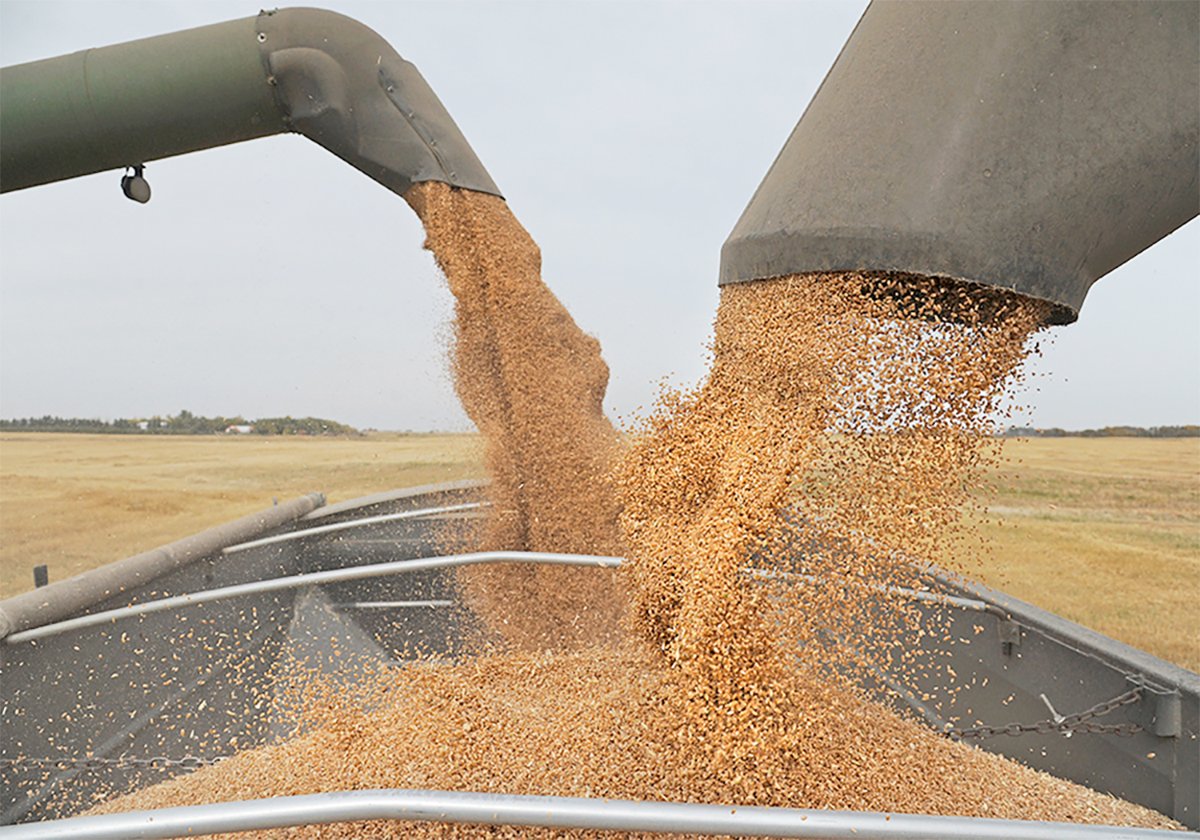Canadian federal and provincial governments are increasing biofuel mandates as a simple solution to the climate change crisis. But are biofuels the solution politicians claim?
Biofuels sound good and with mandates they cost government nothing because mandates pass these increased costs to fuel users. Everyone that fills their car, construction equipment, or farm equipment with diesel or gasoline will pay every time they fill up. This could add up to 30 cents a litre for farm diesel yet achieves nothing for the climate.
Tad Patzek from the University of California at Berkely has said in the past that claims of energy gained with biofuels underestimate the energy required to grow and process a crop into biofuel.
Read Also

Agriculture productivity can be increased with little or no cost
There’s a way to enhance agricultural productivity with little or no cost. It doesn’t even require a bunch of legislative changes.
Many other researchers have raised serious concerns about biofuels due to their poor energy balance. World-renowned climate scientist Vaclav Smil at the University of Manitoba also criticized biofuels. He described how low crop yields and high-water requirements make growing crops for biofuels on the Prairies totally impractical. Smil calls ethanol production an “egregious, excessive, incredible, unspeakable crime.”
Canada uses about 110 billion litres of refined fuel annually. There is no way to produce enough biofuel to fill that demand.
Even if we turn 45 million acres of farmland into canola it would only produce about 15 billion litres of fuel. This biodiesel would fuel Canada for about 45 days. As well, turning all the wheat and canola acres into biofuel would mean no wheat or canola exports, no canola oil, no wheat for flour for a hungry world.
Even worse, the reality is that it would not create any energy because it takes more fossil fuel energy to grow the crop and process it than biofuels provide.
It was recently announced that Federated Co-operatives Ltd. in partnership with AGT Foods will process canola at Regina and build a biodiesel plant by 2027. This announcement had the usual fanfare of being good for the environment yet FCL delegates once passed a resolution to oppose biofuels because of the costs of the mandate and the costs of transporting ethanol to the refinery.
All canola crushing in Regina (FCL, Cargill, and Viterra) creates infrastructure problems because most of the canola will have to be hauled by semi-truck into Regina. Taking grain off the rails and creating more greenhouse gas is not good for the environment.
Of course, FCL will pass these costs onto the users of diesel and FCL members will pay the price when they purchase diesel.
A bushel of canola costs $24 and provides nine litres of biodiesel. That means it costs $2.70 a litre just for the seed to make it.
We must also consider the cost of the highly energy intensive and expensive oil extraction and refining processes for making biofuels. These costs are why biodiesel is 2.8 times more costly than petrol diesel.
Refining raw canola into biodiesel requires expensive equipment, hazardous chemicals, protective equipment and specialized waste disposal.
Using more rail to move bulk commodities, the electrification of transportation, wind energy, solar, ground-sourced geothermal, home insulation, and even planting trees are all effective ways to cut greenhouse gasses.
With thousands of commuters trips a day, our cities need to step up by enhancing their public transit systems.
If we are serious about climate change, we should shut down all biofuel production in Canada and instead focus on these positive cost-effective solutions.
Ken Sigurdson is a Manitoba farmer and long-time member of the National Farmers Union who has researched biofuels for the organization and made presentations to governments and the public on the subject.















